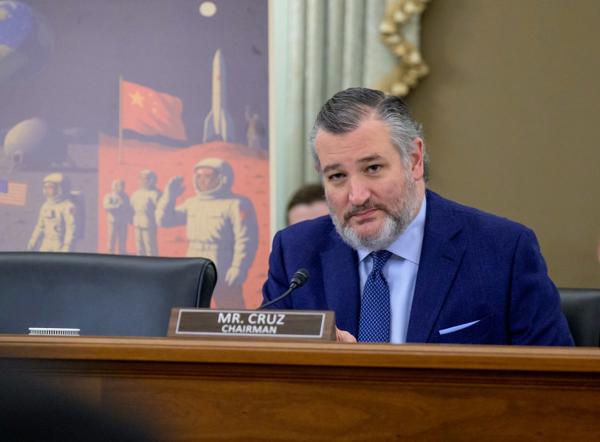Senate Proposes $10 Billion Boost for NASA Amidst Budget Disputes
WASHINGTON — The chairman of the Senate Commerce Committee has introduced a significant proposal aimed at bolstering NASA's human spaceflight and exploration programs. Senator Ted Cruz (R-Texas) announced on June 5 a plan to add $10 billion to a budget reconciliation bill currently under consideration. This bill seeks to address modifications proposed in the administration’s recent budget, which has raised concerns regarding the future of NASA's initiatives.
The crux of Cruz’s proposal includes an infusion of approximately $9.995 billion to be allocated to NASA for the current fiscal year, available for spending until fiscal 2032. This substantial funding is divided into several key areas vital to maintaining and advancing America's position in space exploration.
- $4.1 billion allocated for the production of Space Launch System (SLS) rockets intended for Artemis 4 and 5 missions, despite NASA’s fiscal year 2026 budget proposal that recommends terminating SLS and Orion spacecraft development after Artemis 3.
- $2.6 billion designated for the completion of the Gateway, a lunar orbiter, which is also at risk according to the administration's budget.
- A modest $20 million for Orion's continued development, specifically for Artemis 4, although the rationale behind this significantly reduced funding was not elaborated upon.
- $700 million earmarked for the development of a Mars Telecommunications Orbiter, a spacecraft designed to enhance communications for both Mars Sample Return missions and forthcoming manned missions, even as the administration's budget suggests cancelling the Mars Sample Return initiative.
- $250 million in additional annual funding for the International Space Station (ISS) from fiscal years 2025 through 2029, compensating for proposed operational cuts in the administration's budget.
- $325 million allocated for the development of the U.S. Deorbit Vehicle.
Moreover, the proposal includes an investment of $1 billion for upgrades to NASA's Kennedy, Johnson, Marshall, Stennis centers, and the Michoud Assembly Facility, focusing on infrastructure improvements necessary to maintain competitiveness against China in lunar and Martian exploration.
This NASA funding structure forms part of a broader legislative package that also emphasizes other defense-oriented projects such as enhancements to the Coast Guard and air traffic control systems. Additionally, there are proposed cuts to previous appropriations for environmental and climate change initiatives at NOAA.
Among other provisions, the bill would introduce licensing fees for commercial space launches and reentries managed by the FAA, projected to generate around $100 million by 2034 to support the FAA's commercial space operations.
Senator Cruz expressed his vision for the proposal, stating, “Senate Republicans are fixing the aging air traffic control system, rebuilding the Coast Guard to secure our maritime border against deadly drugs and illegal immigration, ensuring the U.S. – not China – gets to Mars and gets back to the Moon first.”
However, the ultimate fate of this package remains uncertain as it must be reconciled with a House bill which currently lacks the NASA funding component. This reconciliation process is further complicated by recent tensions between high-profile space industry leaders such as Elon Musk and partisan political conflicts.
The proposal has garnered support from influential organizations, notably the Aerospace Industries Association (AIA) and the Coalition for Deep Space Exploration, both emphasizing the essential nature of continued investment in space exploration capabilities to secure U.S. leadership in this critical domain.
In summary, Senator Cruz's proposal represents a deliberate attempt to safeguard and propel the U.S. space program amidst controversial budgetary allocations, aiming to reinforce the nation’s commitment to leadership in space exploration against global competitors.
Bias Analysis
Key Questions About This Article




